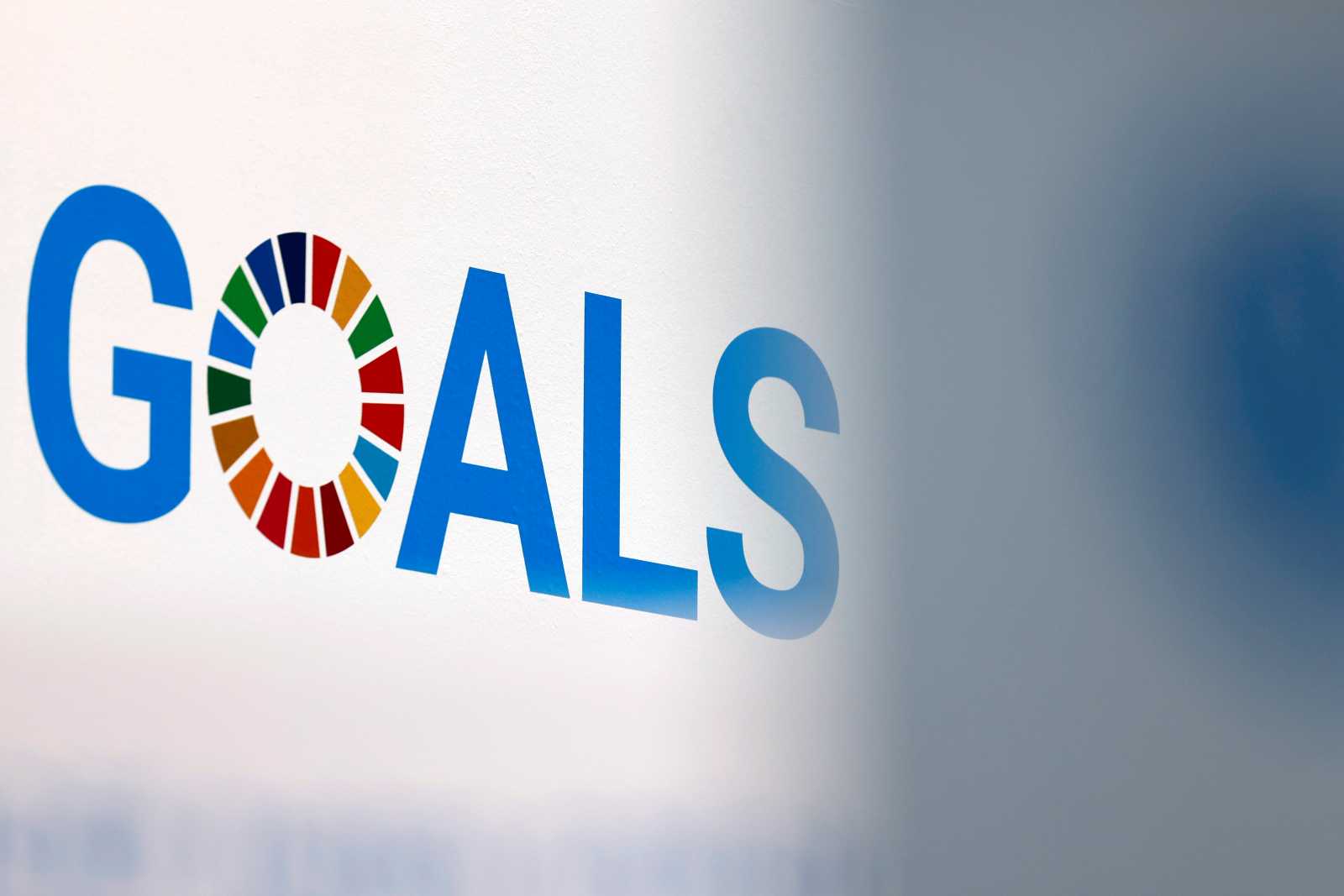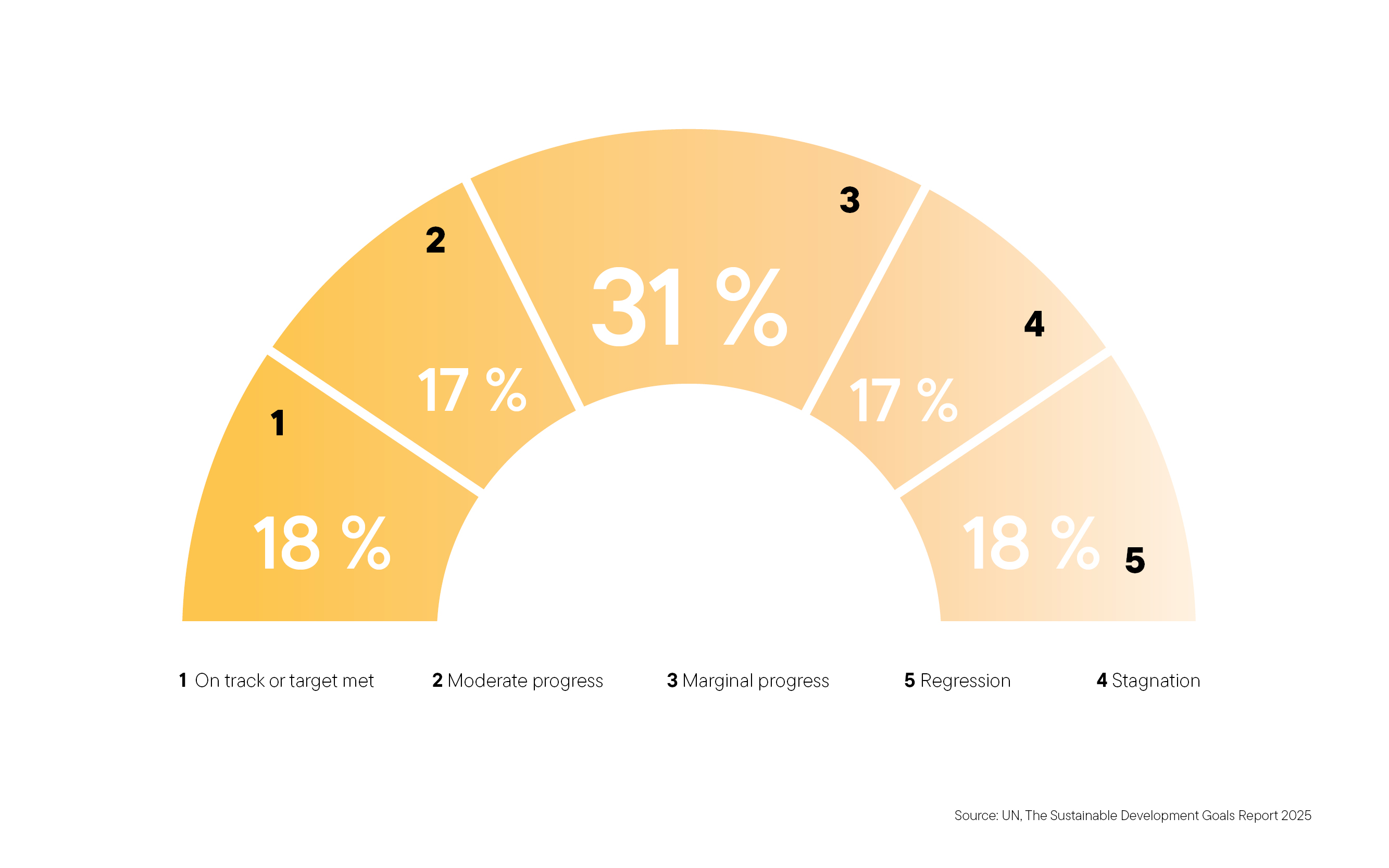Expert opinion
Four norms

The network involves academics, civil-society activists and private-sector companies. It was set up after the Rio+20 summit last year to help draft SDGs (Sustainable Development Goals). The director of the SDSN secretariat is Jeffrey Sachs, the prominent economist at New York’s Columbia University. Just like the High-Level Panel (see p. 278 f.), the SDSN speaks out in favour of drafting a single, coherent world agenda to fight poverty and promote sustainability in its report.
The authors argue that the SDGs must be universal and apply to all countries, whether they are rich or poor, so developing countries have to be involved in the process. The report opposes business as usual and wants all countries to switch to a sustainable-development path on the basis of a global framework and international cooperation. Four normative concepts are considered crucial:
- The right to development of every country: environmental protection must not mean the countries forsake development. All countries must be enabled to benefit from high technology and economic progress.
- Human rights and social inclusion: sustainable development means that all individuals have the same opportunities to advance, are equal before the law and enjoy equal access to public services.
- Convergence of living standards across countries: while all world regions are expected to improve their standards of living, the gaps between rich and poor societies are meant to close.
- Shared responsibilities and opportunities: developing countries need access to eco-friendly technologies and deserve international support in their fight against poverty. While all nations must protect the environment, the advanced nations must do more to reduce carbon emissions and promote resource efficiency.
For the enforcement of these four norms, the SDSN calls for tangible goals similar to the MDGs. The network proposes ten such sustainability goals:
- End extreme poverty including hunger
- Achieve development within planetary boundaries
- Ensure effective learning for all children and youth for life and livelihood
- Achieve gender equality, social inclusion and human rights for all
- Achieve health and wellbeing at all ages
- Improve agriculture systems and raise rural prosperity
- Empower inclusive, productive and resilient cities
- Curb human-induced climate change, and ensure sustainable energy
- Secure ecosystem services and biodiversity, and ensure good management of water and other natural resources
- Transform governance for sustainable development
These 10 sustainability goals should apply at the global, regional, national and local level, according to the SDSN, and they should be met by 2030. The authors offer quantifiable indicators for every goal. For example, development in the sense of goal 2 could be measured in terms of nations moving up one category in the World-Bank defined categories of low-, middle- and high-income countries.
In a similar way as the HLP, the SDSN considers monitoring with valid and reliable data the key to success. Statistical capacities, it argues, must be developed at local, national and global levels. The authors want international organisations such as the UN to support governments in collecting meaningful data. (sb)














